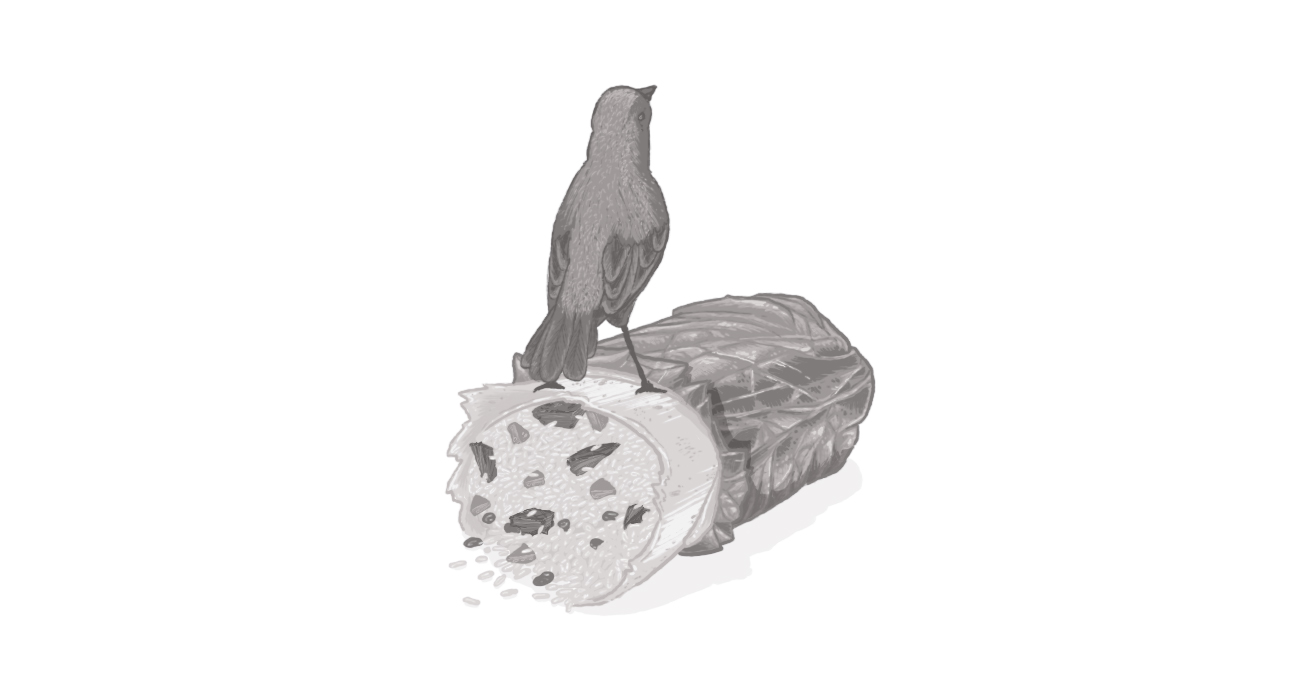Faking Twitter? Like Eating a Bad Burrito Nothing Good Ever Comes from It

Are you thinking of acting like Chipotle’s social team? Then you run the risk of unwrapping a whole lot of trouble for your business. After all, faking social content is a lot like deciding to eat a week-old burrito – nothing good can ever come of it.
The “we were hacked” excuse is a favourite one of celebrities and politicians alike. Instead of owning up to being stupid, people are quick to blame anonymous hackers. And while there were no racist comments or personal appendages on display in Chipotle’s Twitter stream, the practice still left some feeling kind of dirty.
The restaurant chain admitted faking a series of nonsensical tweets on July 21st, which ended with a “Sorry all. We had a little problem with our account. But everything is back on track now! – Joe” message. In a subsequent interview with Mashable a representative said it was done to try to make people pay attention and “make them talk.”
Short-term, it worked. The Twitter stream gained 4,000 followers and the hacked Tweets were retweeted approximately 12,000 times.
However, it peddled short-term attention for a long-term loss of credibility.
It sounds cheesy (well, we are talking about a burrito chain), but much of the success in social media comes from trust. You follow a Twitter feed because you value the content, you share that content with your friends and followers because you find value in it and want to pass along that value. Some people will say “Retweets do not equal endorsements” but that’s a lie. A retweet is essentially saying to your followers, “I found this of interest. I think you should see it too.”
While that may not mean, “I agree with what’s being said” it does mean “I agree this content is valuable. Check it out.”
And if you ascribe to the “no publicity is bad publicity” mantra, then I suppose you could see this as a positive. I don’t believe in that.
Yes, we’re talking about this. Yes, it’s a topic of discussion. But, no, the brand is not being painted in a positive light. Stupid, maybe. Disingenious and manipulative at worst, certainly. And none of those are adjectives that I want attached to my brand.
Artificial buzz is like gorging on doughnuts. It may fill you up quickly, but the long-term benefit is negligible. And you usually feel worse once the sugar high comes crashing down.
The appeal for the quick fix can be tempting. You can buy followers or stage actions designed to get short-term attention. But where’s the value in that? Personally, I always advocate quality of followers over quantity.
Yes, more people can spread your message to a wider audience, but as in the case of Chipotle, what message is being seen? I've said it before, I'd rather 100 people who are actively engaged with (and willing to spend on) my brand, than 1,000 fake fans who bring me no real or potential value. Quality followers over quantity. Eventually, if you keep providing valuable -- and honest -- content that matters to your customers, you'll get both quality and quantity. But there are no short cuts.
For a lot of people, this action has resulted Chipotle’s leaving a bad taste in their mouths. And that’s without even trying a burrito.
Your thoughts? Are you an adherent to those social media ‘gurus’ who roar about buying fans and followers to get numbers up? Are numbers the only value that matters? Let us know in the comment section below!
Why did Chipotle's fake its Twitter hack?
Can I fake Tweets?
How do I get new followers?
SUBSCRIBE TO OUR E-NEWSLETTER
 Subscribe
Subscribe


